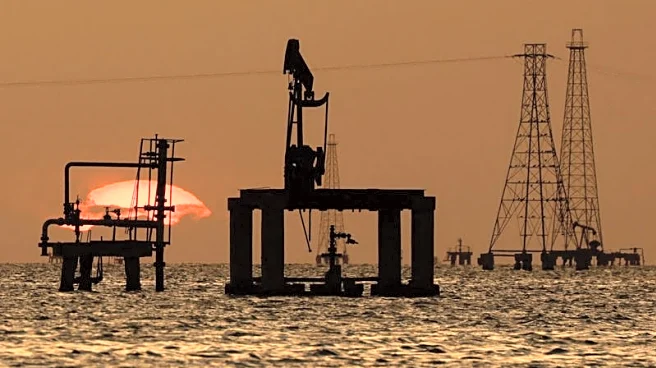Rapid Read • 7 min read
Burning Man, held annually in Nevada's Black Rock Desert, is a cultural event that fosters a unique community based on principles of radical inclusion, self-expression, and sustainability. Originating in the late 1980s, the event has grown from a small gathering to a global phenomenon, attracting over 70,000 participants. Burning Man allows attendees to create a city from scratch, devoid of traditional leadership, and organized entirely by the participants. The event emphasizes anti-materialism, sustainable innovations, and forms of expression as art.
AD
Burning Man represents a significant cultural movement that challenges traditional societal norms and promotes alternative ways of living. The event's principles encourage participants to engage in creative and collaborative experiences, fostering a sense of community and belonging. Burning Man's impact extends beyond the festival, influencing art, culture, and social interactions globally. It serves as a platform for exploring new ways of living and interacting, with implications for broader societal shifts. The event's emphasis on sustainability and self-expression aligns with broader cultural movements towards environmental consciousness and individual empowerment.
Burning Man's influence on the tech industry is notable, with many participants connected to Silicon Valley. The event's principles resonate with the values of innovation and creativity, attracting individuals from diverse backgrounds. However, the demographic composition of Burning Man has raised questions about inclusivity and representation, with the majority of attendees being white, middle to upper-class males. As Burning Man continues to evolve, addressing these disparities and fostering a more inclusive community will be crucial.
AD
More Stories You Might Enjoy













